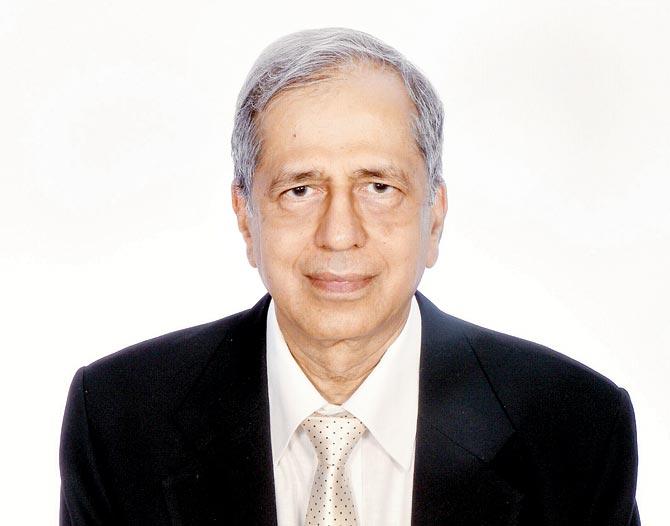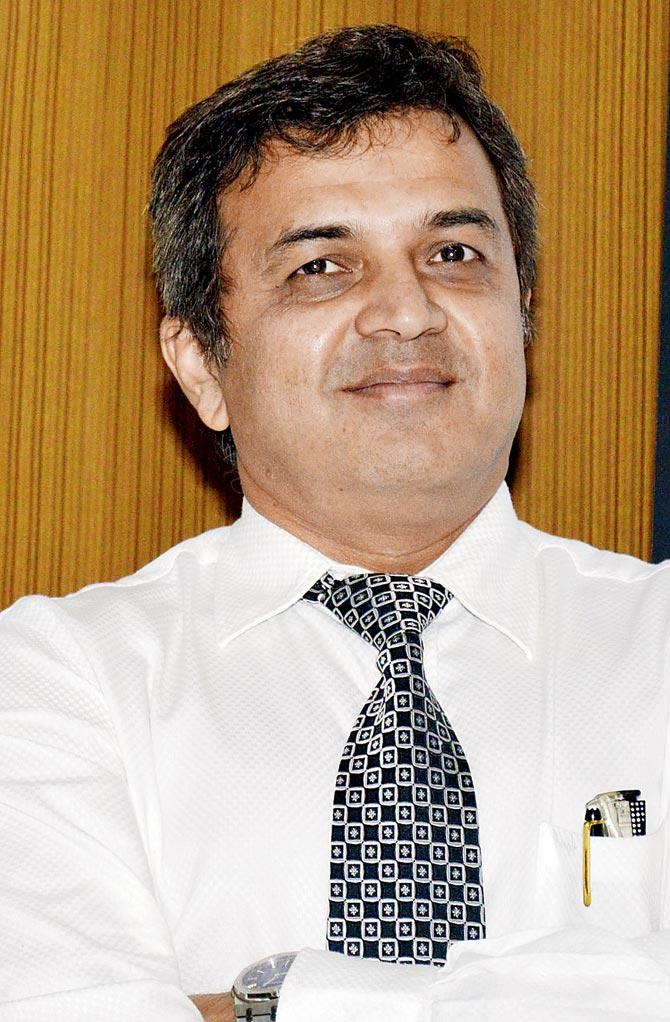Experts say that obese individuals who show no initial signs of heart disease, diabetes or high cholesterol, are still at risk of ill health later in life


Fifty-eight-year-old Pradip Baweja was an active marathoner for eight years before he suffered a heart attack at the age of 51. Priding himself at being able to knock off 10 kilometres in 67 minutes, Baweja, even with his bulging belly, confessed to being of the opinion that unless his metabolic reports indicated otherwise, he was fit. "Many professional athletes carry extra weight, but given their field, they are believed to be fit. My blood pressure reports were normal, I didn't have a previous heart condition and had no issue in carrying my weight. I would run, and lead an active lifestyle. Hence, I had no reason to believe I wasn't fit," says the chemical engineer, admitting that he was compelled to view his diet and exercise differently after his heart was unable to endure a stressful domestic situation.
ADVERTISEMENT
Baweja is among the many who live with the opinion that obesity, accompanied by normal metabolic parameters, can be harmless. However, experts in the UK whose study was discussed at the European Congress on Obesity held in Portugal last month, have refuted previous suggestions and claimed that obese individuals who show no initial signs of heart disease, diabetes or high cholesterol, are still at risk of ill health later in life.

Why fat can't be fit
Busting the 'fat but fit' myth, Dr Sanjay Borude, bariatric surgeon with Bhatia Hospital, tells mid-day, "Obesity is the mother of most diseases. Metabolic syndromes take their own sweet time to develop. Obese individuals may not show any signs of illness but will develop them in due course of time." While the thyroid and pituitary glands were once considered the most prominent endocrine glands, fat is being upheld as the biggest endocrine system today. "Extra fats secrete hormones that cause havoc. Your physical activity isn't going to save you from such conditions if you continue to carry excessive visceral fat," he explains. Health risks in obese individuals were once linked to high blood pressure and sugar levels that develop due to the excess weight. The study, however, asserts that irrespective of these metabolic parameters, obesity continues to be a ticking time bomb.
 Dr HB Chandalia
Dr HB Chandalia
Dr (Prof) HB Chandalia, director, endocrinology, diabetes and metabolism, Jaslok Hospital and Research Center, explains that a person's weight is dependent on two factors — calorie intake and expenditure. "People may not consume too much food, but do they exercise? If you eat properly, but have little physical activity, you may still put on weight," he says, pointing out that weight gain due to metabolic conditions like a dysfunctional thyroid needs to be dealt with differently.
We mention that in several cases, regular marathoners are spotted carrying belly fat, and the surgeon reasons, "Genetic factors also determine a person's body composition. Such individuals will be worse off if they did not run. Exercise needs to be planned differently for different people. If you have more belly fat, an increase in abdominal workouts is essential."
Own up, Mumbai
Dr Chandalia lists two factors while stating how India may emerge as better equipped to fight obesity. "Our cities need to be planned better. Government bodies, along with health planners, must work towards creating more open spaces, including walking lanes and cycling tracks, to encourage physical activity. Mumbai is not just dirty, it's also among the unhealthiest cities because there are no sidewalks," he says, lamenting the unwillingness of authorities to even make building terraces available for members. "When you ask them, the response is, 'somebody may jump off'. That's ridiculous, not everybody goes to the terrace to jump! If you keep them open, people can go and walk there. In rural areas, the incidence of diabetes is low, but urban areas see a spike partly because there is no town planning."
Another powerful tool to fight these diseases is education. Every outlet that can educate the masses, adds Dr Chandalia, must do so responsibly. "There is a lot of incorrect information floating around, and people who have taken six to 12 month courses are now calling themselves experts.

Dr Sanjay Borude
The media, among other educational institutes, must work towards delivering appropriate content that can educate the masses," he says, highlighting that the criticism that artificial sweeteners have received is a classic example of this misrepresentation. "Sweeteners have been around for decades. If they were bad, would they not be banned? They help reduce calorie intake and are beneficial in fighting obesity."
But a change in the approach towards health, points out Dr Chandalia, is evident with schools eliminating unhealthy meals, and encouraging children to take part in physical activities. He adds that with gyms and physical training studios becoming available everywhere, individuals who were earlier wary of working out in the presence of others are also becoming comfortable with exercise. "Incidence of diabetes has levelled off in America with good education. This can happen in the next decade in India as well."
 Subscribe today by clicking the link and stay updated with the latest news!" Click here!
Subscribe today by clicking the link and stay updated with the latest news!" Click here!







